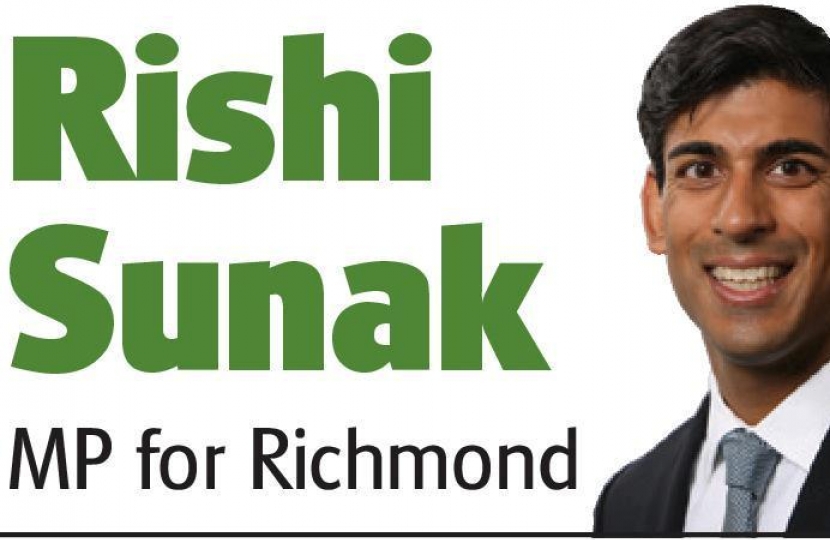
THE business of the House of Commons amounts to much more than the debates that take place in the main chamber seen on TV.
A huge amount of work to scrutinise, amend and, sometimes, reject the government of the day’s legislative programme is done in committee.
Committee work sounds dull but can be anything but. Committees examine issues in detail, from government policy and proposed new laws to wider topics like the economy.
I sit on one of Parliament’s select committees. Select committees are made up of 11 MPs from all sides of the House who scrutinise the work of the major Government departments like the Home Office and the Treasury, and also examine and report on specific issues.
Select committees meet in public and can ask witnesses to attend and provide expert testimony. The committees aim to ask the questions you want answered about departmental performance – and topical issues which we think should be addressed by government.
A memorable instance of how select committees can make a difference is the Culture, Media and Sport committee’s work on phone hacking and specifically its questioning of Rupert Murdoch – an experience the media tycoon described as the most humble day of his life.
In the summer I was elected by MPs to the committee which monitors the work of the Department for the Environment, Food and Rural Affairs (Defra). Since joining the committee, we have spent a lot of time investigating the state of farming, particularly the impact of low milk prices. This week the committee heard from leading industry figures about low farmgate prices for sheep and pigmeat.
The committee is also conducting an inquiry into the Common Agricultural Policy (CAP) as we move towards reform of CAP in 2020. Last month, as part of that inquiry, I won an assurance from Mark Grimshaw, chief executive of the Rural Payments Agency, that payments would be made promptly to farmers this year. For many farmers, those payments will be critical to the survival of their businesses through this winter.
This week the committee announced it would conduct an inquiry into UK air quality and a sub-committee is looking at the welfare of racing greyhounds. On all these issues, reports will be drawn up and the Government will respond.
Do select committees get things done? Yes, they do. A good example is the Defra select committee’s success last year - before I was a member I hasten to add – in securing favourable changes in the way CAP payments were made to farmers.
The Defra select committee was then expertly chaired by Anne McIntosh, the former MP for Thirsk and Malton. During Anne’s time as MP she launched her popular farmers’ forums and I am pleased to see her successor as MP, Kevin Hollinrake, is continuing these events.
Like me, Kevin first became an MP in May. In neighbouring rural constituencies working on similar issues, we have become good friends, sometimes sharing the train journey north on Thursday evenings after the week’s Westminster business has been concluded.
Kevin’s next farming forum is held today when farmers will have the chance to discuss the industry with Neil Parish, Anne’s successor as chairman of the Defra select committee.
Kevin will be hosting the forum at the Galtres Centre in Easingwold from 1.30pm. Contact 01347 666880 if you wish to attend.
